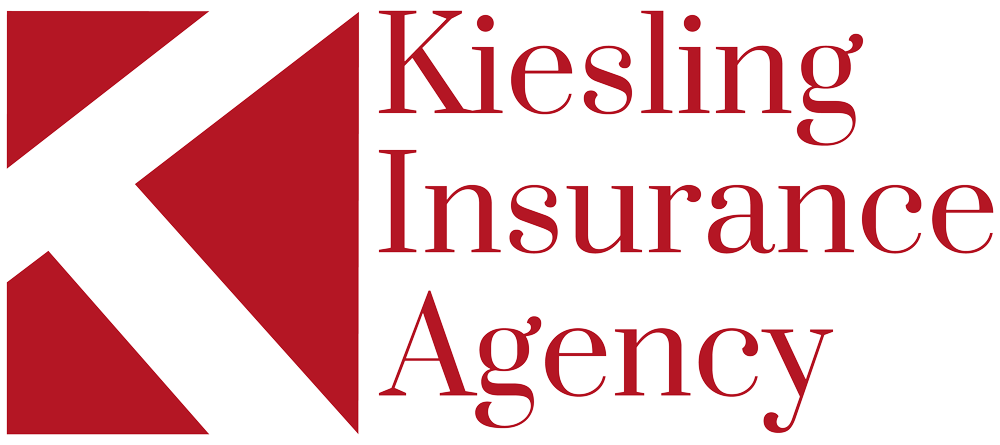Insurance is an essential part of financial planning, providing a safety net for unexpected events. When it comes to life insurance, there are two main types to consider: term life insurance and whole life insurance. Understanding the differences, benefits, and drawbacks of each is crucial in making the right choice for your needs. In this blog post, we will explore the features of term life insurance and whole life insurance to help you make an informed decision.
1. Term Life Insurance
Term life insurance is a policy that provides coverage for a specific period, typically ranging from 10 to 30 years. Here are some key features of term life insurance:
Coverage Duration: As mentioned, term life insurance offers coverage for a predetermined term. If the policyholder passes away during the policy term, the beneficiaries will receive a death benefit. However, if the policyholder outlives the term, the coverage ends, and there is no payout.
Premiums: Term life insurance generally has lower premiums compared to whole life insurance. This is because it provides coverage for a specific term, with no accumulated cash value or investment component.
Convertibility: Some term life policies may offer the option to convert to a whole life policy during a specific period. This can be beneficial if your needs change, and you decide you need lifetime coverage or want to explore the investment feature of whole life insurance.
Simplicity: Term life insurance is often straightforward and easier to understand compared to whole life insurance. The focus is on providing financial protection for a specific period, without the added complexities of an investment component.
2. Whole Life Insurance
Whole life insurance, also known as permanent life insurance, is a policy that provides coverage for the entire lifetime of the policyholder. Here are some key features of whole life insurance:
Lifetime Coverage: Whole life insurance offers coverage for your entire lifetime, as long as the premiums are paid. This means that your beneficiaries will receive a death benefit regardless of when you pass away.
Cash Value Component: One distinct feature of whole life insurance is its cash value accumulation. Part of the premium goes towards building cash value over time, which you can borrow against or withdraw. This can be beneficial for financial emergencies or as an investment strategy.
Premiums: Whole life insurance typically has higher premiums compared to term life insurance. This is because the policy provides coverage for your entire life and includes the cash value accumulation feature.
Investment Component: Whole life insurance policies often have an investment component, allowing you to accumulate cash value over time. The insurer manages the investments, and the policyholder can potentially earn dividends or interest on the cash value.
Estate Planning: Whole life insurance is often used as part of estate planning due to its lifetime coverage and potential tax advantages. The death benefit can provide liquidity to cover estate taxes or equalize inheritances among beneficiaries.
3. Choosing the Right Option for You
When deciding between term life insurance and whole life insurance, it’s essential to consider your specific needs and financial goals. Here are a few key factors to consider:
Coverage Duration: Determine how long you need life insurance coverage. If you have dependents, such as young children or a spouse who relies on your income, a term life policy may be suitable to provide financial protection during their most vulnerable years.
Budget: Consider your budget and what you can comfortably afford in premiums. Term life insurance generally offers lower premiums, making it more affordable to many individuals and families.
Investment Objectives: If you are looking for an investment component within your life insurance policy, whole life insurance may be more appealing. The cash value accumulation feature can provide additional financial flexibility and potential growth over time.
Estate Planning Needs: Whole life insurance can be useful for estate planning purposes, such as providing liquidity to cover estate taxes, ensuring the smooth transfer of assets, or leaving a legacy for future generations.
Final Thoughts
Both term life insurance and whole life insurance have their advantages and considerations. Term life insurance offers affordable coverage for a specific term, while whole life insurance provides lifetime coverage with a cash value accumulation component. Choosing the right option depends on your individual needs, financial goals, and budget constraints. It’s always recommended to speak with a trusted insurance professional who can help guide you through the decision-making process and find the best policy for your unique circumstances.
Got questions about which policy is best for you? Let us help! Contact us today to learn more about what we can do for you!
